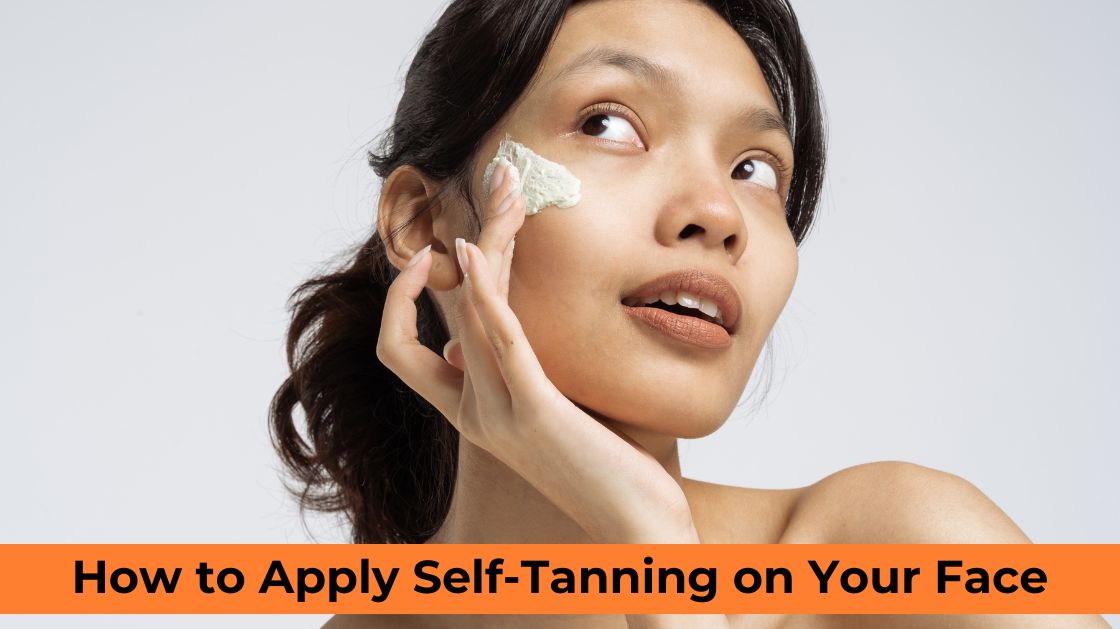When it comes to sun protection, many believe sunscreen is only necessary during sunny summer days. However, the need for sunscreen persists even indoors during the winter months. So, the question arises: “Should I wear sunscreen indoors in winter?” Contrary to popular belief, the sun’s harmful ultraviolet (UV) rays can penetrate windows and glass, leaving your skin vulnerable to damage indoors.
Even inside during winter, wearing sunscreen to guard your skin from the sun’s bad rays is essential. These rays contribute to skin issues such as cancer and premature aging. Consistently applying sunscreen to all uncovered areas, encompassing your face, neck, hands, and arms, remains imperative, even indoors and not exposed to direct sunlight.
Reasons To Apply Sunscreen During Winter Months.
It’s no secret that we must wear sunscreen year-round to protect our skin from harmful UV rays. Did you know you should put on sunscreen even when it’s cloudy or cold? Here are a few reasons why:
The Sun’s Rays Can Go Through Clouds.
Just because it’s cloudy outside doesn’t mean the sun’s UV rays can’t penetrate the clouds and reach your skin. Even on cloudy days, 80% of the sun’s rays can hit your skin. So, if you’re spending time outdoors, apply sunscreen.
UV Rays Can Reflect Off Of Snow.
If you’re spending time in the snow, you must be extra careful about applying sunscreen. That’s because the sun’s UV rays can reflect off the snow and cause sunburn. So, if you are in the snow, apply sunscreen with a high SPF and reapply it every few hours.
You Can Still Get Sunburn In The Winter.
You can still get sunburn in the winter if you’re not careful. Use sunscreen and a hat when you’re outside, and you’ll be fine.
Is It Help For You To Use Sunscreen Indoors In Winter?

It’s recommended to apply sunscreen indoors throughout the winter months. The sun’s ultraviolet (UV) rays can permeate clouds and glass, leading to potential sun damage even when you’re indoors. Indoor sunscreen application protects against the sun’s detrimental UV rays, warding off premature aging, sunspots, and skin cancer risks. Choose an SPF 30 or more sunscreen, and don’t forget to put it on again every two hours, even indoors.
If you’re spending time near a window, sit at least six feet away to reduce exposure to UV rays. And if you can, wear protective clothing, like a long-sleeved shirt or pants.
So, don’t forget to put on sunscreen before sitting by the window to enjoy the view this winter!
Is UV Rays Harmful To You Indoors In Winter?
UV rays can potentially harm your skin, even when you are unaware of their presence. Much of the sun’s UV ray impact occurs without noticeable signs. This is attributed to the fact that UV rays can inflict DNA damage on your skin cells, elevating the risk of skin cancer.
Using indoor sunscreen in winter is a proactive measure against the detrimental effects of the sun’s UV rays. Selecting a sunscreen labeled “broad spectrum” with an SPF of 30 or higher is essential. Sunscreens labeled “broad-spectrum” guard your skin against UVA and UVB rays.
What Is The Best SPF Sunscreen To Use Indoors In Winter?
When choosing a sunscreen for indoors, pick one that’s SPF 15 or above.
A higher SPF might be necessary for those with fair skin or heightened sun sensitivity. Ensure thorough application of sunscreen to all exposed skin, encompassing your face, neck, hands, and other susceptible areas.
Make sure to reapply sunscreen at least every two hours or more frequently if you are sweating or swimming. If you’re using sunscreen that contains zinc oxide or titanium dioxide, you may not need to reapply as often. These ingredients provide longer-lasting protection.
Wearing sunscreen indoors is just one part of a comprehensive sun safety plan. You should also limit your time in the sun, wear protective clothing, and seek medical help if you experience any problems.
Apart from utilizing sunscreen, you can shield yourself from the sun’s detrimental rays through protective attire like long-sleeved shirts and pants. It’s best to avoid the sun, especially from 10 am to 4 pm when it’s strongest.
Final Thoughts
You should wear sunscreen indoors in winter! The sun’s ultraviolet (UV) rays can pass through clouds and glass, so you can still get sunburn on a cloudy day or indoors.
Using sunscreen indoors during the winter is a beneficial practice to safeguard yourself from the detrimental impact of UV rays, which can lead to premature aging and skin cancer. If you have a history of skin cancer or are more susceptible, it’s advisable to continue wearing sunscreen throughout the year.
When exposed to sunlight, apply sunscreen with a minimum SPF of 30, reapplying it every two hours or following the instructions on the product label. Don’t forget to shield your lips using a lip balm containing sunscreen.













